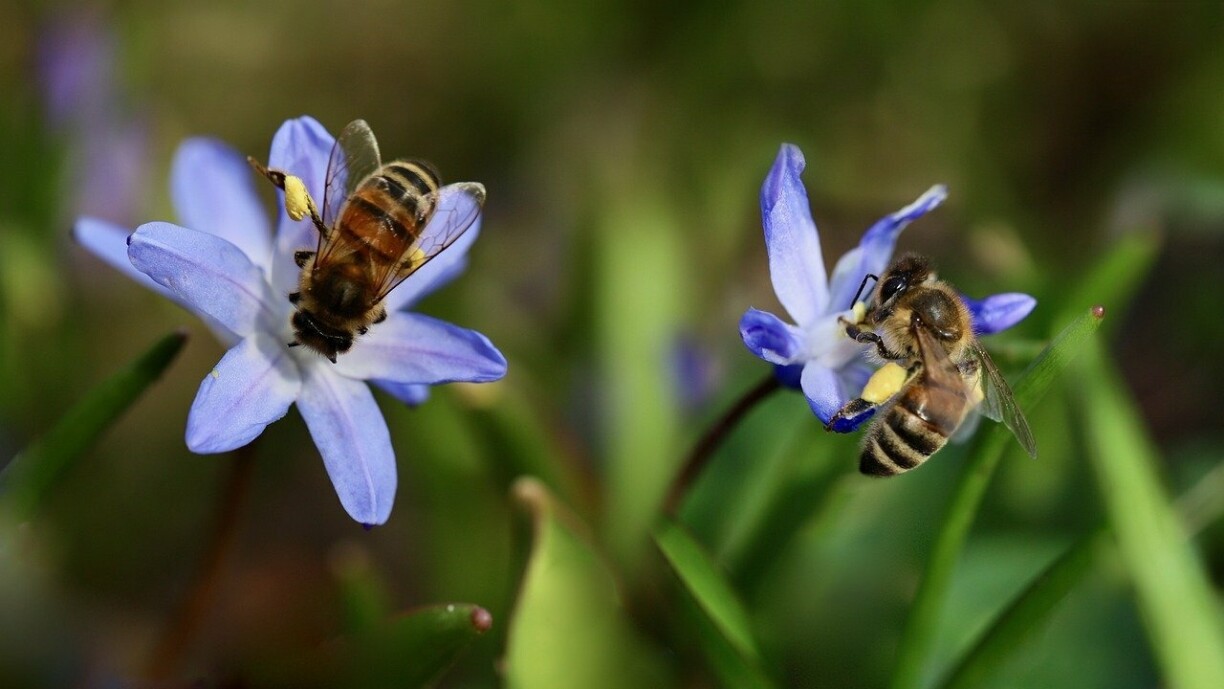
Despite extensive negotiations, the COP16 Biodiversity Conference in Cali, Colombia, concluded without consensus on critical points regarding biodiversity funding. Delegates from 196 nations were unable to agree on funding commitments or the management structure for the protection of global biodiversity.
Following a long night of discussions, environment minister Serge Wilmes, who represented Luxembourg at the conference, explained: “Developing countries are once again pushing for a new financial fund to support conservation projects.”
Western countries and the European Union, however, believe that the fund established two years ago should be used, though contributions from industrialised nations still fall significantly short of the target of $30 billion annually.
One of COP16’s main goals was to protect 30% of the world’s land and marine areas by 2030. Luxembourg is on track in this regard, with 29% of its land area already covered, of which approximately 6% is strictly protected. “We aim to increase this to 10%,” emphasised Wilmes.
While Luxembourg’s figures appear impressive, the Ecological Movement points to a gap between policy and practice.
Half of Luxembourg’s habitats and ecosystems are in poor condition, including critical flatland meadows.
According to Claire Wolff of the Ecological Movement, “4,000 hectares of these meadows need restoration by 2030, requiring a pace of around 500 hectares per year, but we’re currently at less than 10% of that target.”
Wolff stressed that agricultural practices, supported by longstanding subsidy policies, have contributed to biodiversity loss and environmental issues.
The COP16 agenda also included reducing global pesticide use and reallocating $500 billion in environmentally harmful subsidies to biodiversity protection.
In Luxembourg, the Ministry of the Environment is working closely with the agricultural sector on biodiversity contracts that incentivize farmers to support conservation efforts, such as planting hedgerows and creating wildflower habitats.
A key success of COP16 was the heightened focus on biodiversity. However, experts estimate that $700 billion annually is needed to sustain global biodiversity efforts, a target that remains a long way off.